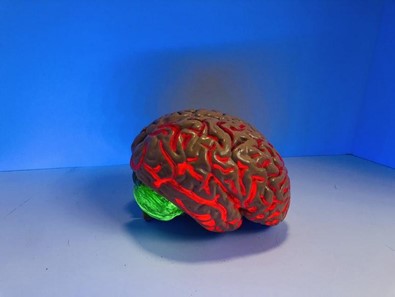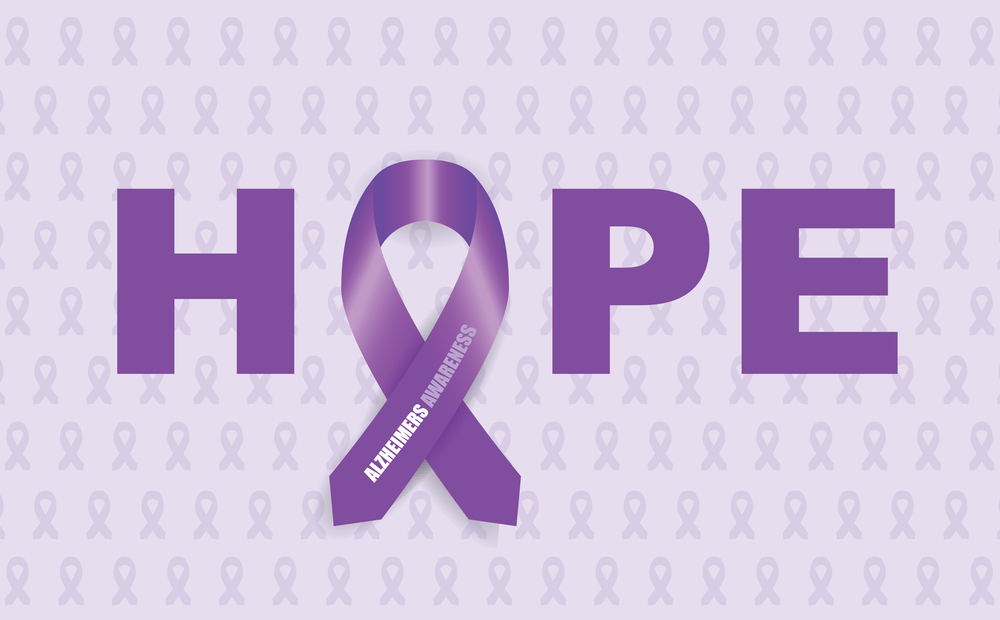As people progress in their years, they develop issues with memory retention. However, while the loss and aberrations in memory are often seen as common signs of ageing, the false parallels between such misrepresentation and serious ailments, such as Alzheimer’s disease, lead to dangerous implications for patients with these ailments.
While several reasons can lead to a negative impact on memory in aging individuals, Alzheimer’s disease refers to a progressive disease of the brain that results in the gradual impairment of the faculties of memory and cognition of the brain. The real reasons behind the disease are still unknown as well as there is no known cure.

Symptoms of Alzheimer’s Disease
The following are the symptoms of Alzheimer’s:
- A decline in thinking ability
- Impairment of memory
- Impairment of communication faculties
- Difficulty in recalling and retaining recent events or conversations
- Apathy, disorientation and confusion
- Depression
- Changes in behavior and habits
- Difficulty in speaking, swallowing, or walking and other bodily activities
Treatment of Alzheimer’s Disease
Although there exists no known cure for Alzheimer’s, there are medications available that alleviate the symptoms of the disease. These include:
- Antipsychotics
- Medications for memory loss such as donepezil, rivastigmine and memantine
- Medications for changes in sleep patterns
- Medications for depression
Alzheimer’s Disease and Brain Damage
The process of brain damage occurs with the abnormal deposition of protein which gets together to form plaques in the brain of the patient. As a result, the connections between the brain cells are lost and their synapses as such are severed. Thereafter, the cells start to die. In later stages, the brain is even seen to have shrunk considerably as a result.
While the symptoms of the disease are as they are, often the symptoms show at an advanced stage of the disease while the process of brain damage that the disease entails has been occurring in the background. early detection and diagnosis are also quite difficult to achieve in most cases.
Moreover, even when the symptoms are detected, they are often commonly misinterpreted as the general state of being old. The lack of awareness in this regard for the patients of Alzheimer’s is at the heart of such unfortunate events which result in added harassment and pain for the ones who are suffering from the disease.

Raising Awareness about Alzheimer’s Disease
As a terminal illness with no known cure in sight, the only way to prevent and take care of individuals with Alzheimer’s disease is to raise awareness about the disease among people.
The way of raising awareness can vary from general awareness campaigns on the disease and how it works. Alternatively, it could be in the form of promoting tests that pave the way for an early diagnosis, which can lead to proper early intensive care prolonging the life of the individual concerned.
Other avenues that also need to be spread awareness about how the process of taking care of an Alzheimer’s patient works. There should be sensitization programs on how to resolve the several issues that may arise with finances, their nutrition and living arrangements. When it comes to finance issues, you can learn more about it here (https://boomerbuyerguides.com/alzheimers-dementia-and-money-problems/).
The Last Word
Alzheimer’s is a pretty grim disease and there is no sugarcoating it. However, its effects can be minimized to a certain degree through early intervention, which is only possible through adequate and efficient awareness programs about the same.




